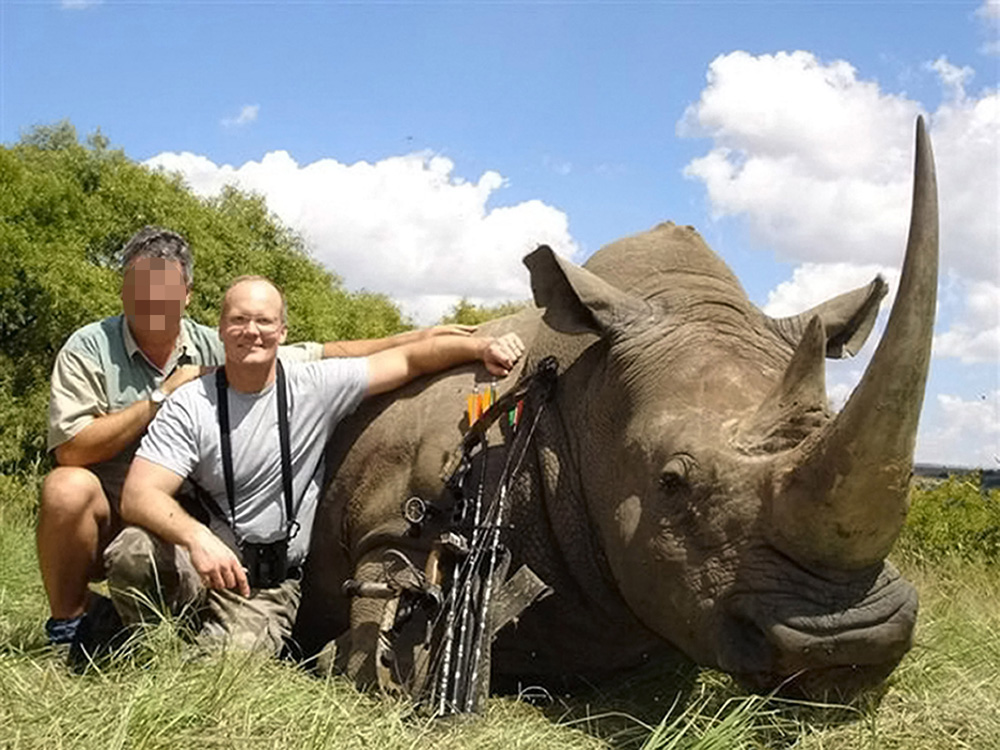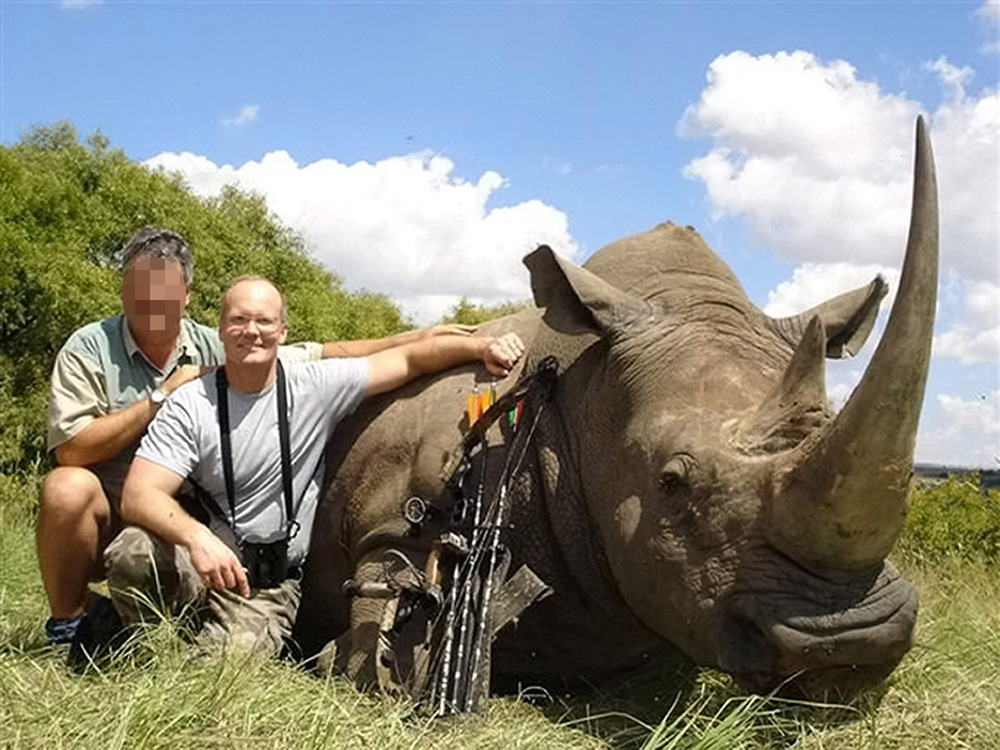Cecil The Lion: Why Do People Kill?
We look at the psychology behind trophy hunters and their desire to murder wild animals

We look at the psychology behind trophy hunters and their desire to murder wild animals
It’s not often that people around the world unite for a common cause but the murder of Cecil the Lion by an American dentist on a prize hunting trip in Zimbabwe did just that.
There was outrage from the four corners of the globe when the news emerged that Walter Palmer, who had paid $50,000 (£32,000) for the pleasure of hunting big game, had lured and killed the beloved lion who was being tracked as part of an animal study carried out by Oxford University at Hwange National Park.
Palmer has since released a statement saying he had no idea that Cecil was a known, local favourite but it’s a case of too little too late for many.
Celebrities including Ricky Gervais, Cara Delevingne and Olivia Wilde took to Twitter to express their horror and disgust at the image of Palmer proudly posing with Cecil’s body, while chat show host Jimmy Kimmel broke down on live television.
“Let's say we accept at face value that he thought it was legal and properly handled and didn't know the lion had a tracking collar and was a local favorite. The big question is: Why are you shooting a lion in the first place?” demanded the US comedian.
Indeed, that is the question that has arisen the world over in the wake of the tragedy: why do people from the developed world pay for the ‘privilege’ to hunt and murder wild animals in 2015?
Marie Claire Newsletter
Celebrity news, beauty, fashion advice, and fascinating features, delivered straight to your inbox!

Pro-hunting activists cite population control and ‘feeding my family’ as justification for killing animals, neither of which can be applied to the case of Cecil and other big game kills.
Consultant psychologist Dr. Nicola Davies offers an explanation of what separates a meat hunter from a trophy hunter.
“Research has shown that there are often distinct phases in the development of a hunter. Initially, the emphasis is on making that first kill. Once that has been established, a phase known as ‘limiting out’ occurs, where the hunter attempts to take as much game as possible to demonstrate more prowess.
“At this stage, hunters tend to follow two different paths – there are those who continue to hunt for meat and those who become ‘trophy hunters’.”
For these individuals, the motivation is little to do with survival and instead a display of strength and skill.
“The focus is more on the search for the perfect specimen in terms of quarry, rather than simply stocking up the freezer,” claims Dr Davies.

“The psychological reasoning behind trophy hunting and the sometimes futile attempts to find that ideal figure of prey, tends to suggest a passing over of the base survival instincts. Instead, the motivation is competition.”
And it’s animals like Cecil the lion that become collateral damage in this deep psychological need to become the ultimate alpha male or female.
Mark Bekoff, professor of ecology and evolutionary biology at the University of Colorado, Boulder, sums up how non-hunters feel about the world of big game hunting: “If you wouldn't do it to your (or a) dog why do it to other sentient beings?”
Were you shocked by the news of Cecil the lion?
The leading destination for fashion, beauty, shopping and finger-on-the-pulse views on the latest issues. Marie Claire's travel content helps you delight in discovering new destinations around the globe, offering a unique – and sometimes unchartered – travel experience. From new hotel openings to the destinations tipped to take over our travel calendars, this iconic name has it covered.
-
 I tried Sofia Grainge’s go-to lymphatic drainage massage - and the results were astonishing
I tried Sofia Grainge’s go-to lymphatic drainage massage - and the results were astonishingThe results go way beyond aesthetics.
By Ashleigh Spiliopoulou
-
 My dry skin loves a tinted moisturiser in the summer months—this one is *outstanding*
My dry skin loves a tinted moisturiser in the summer months—this one is *outstanding*It ticks the boxes for coverage and nourishment
By Matilda Stanley
-
 I was overusing (and wasting) my skincare products until a dermatologist taught me this trick
I was overusing (and wasting) my skincare products until a dermatologist taught me this trickLess slathering, more targeting.
By Darcy Brown